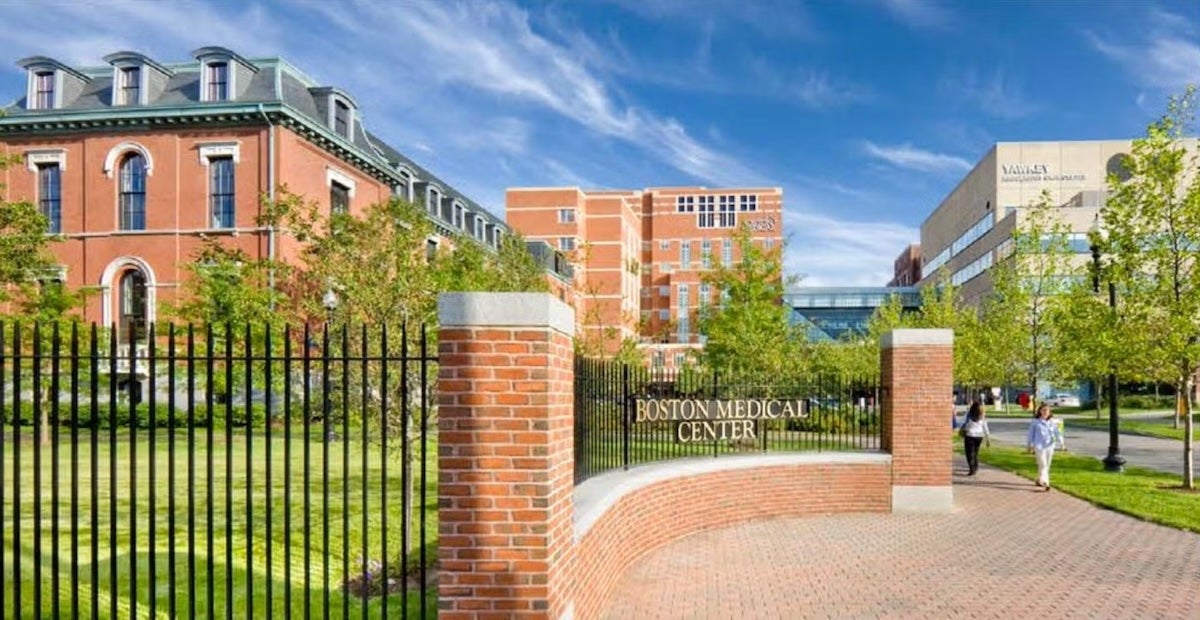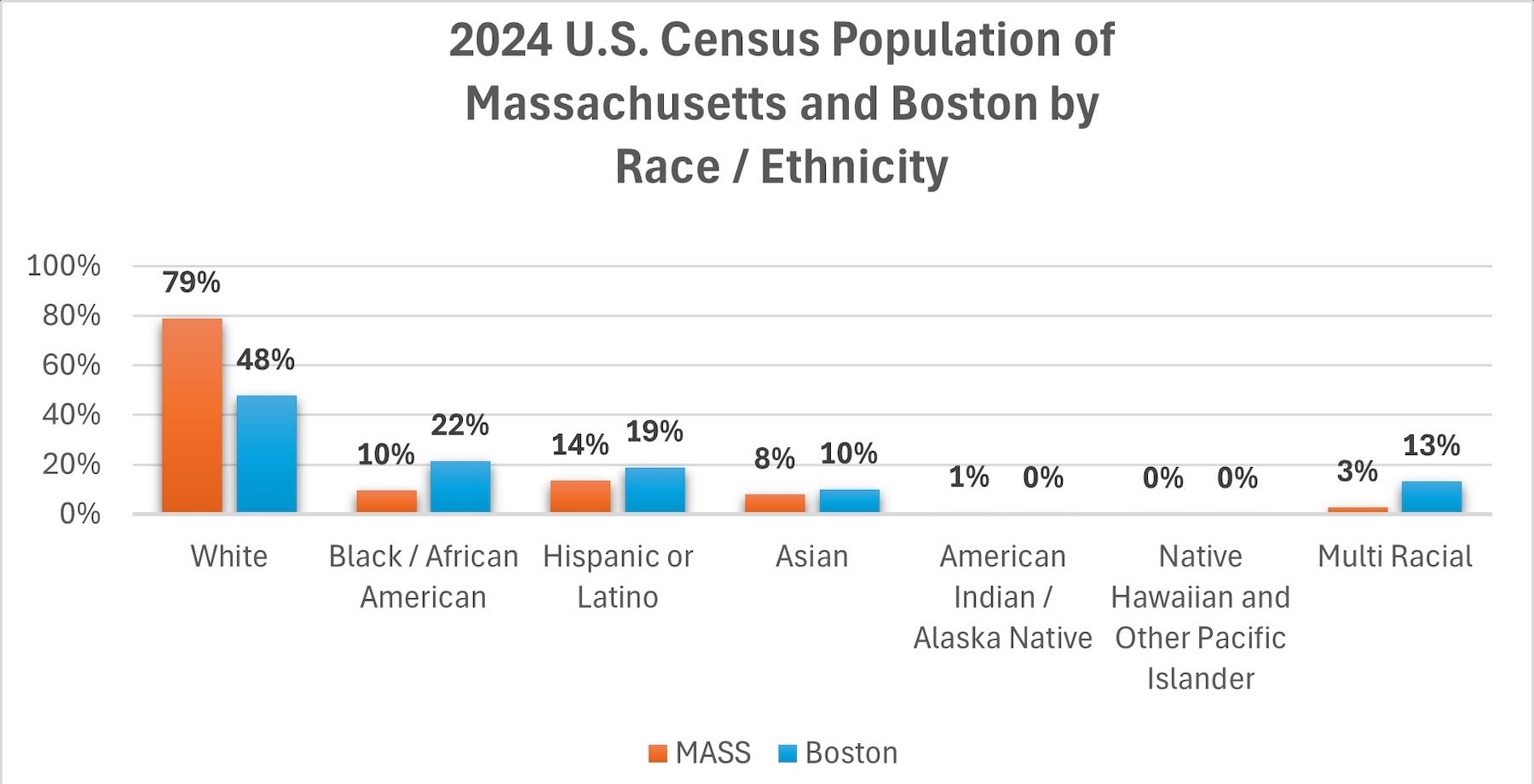About Boston Medical Center
 Boston University Medical Campus
Boston University Medical Campus
Boston Medical Center is a private, not-for-profit, academic medical center located in Boston’s historic South End. The hospital is the primary teaching affiliate for the Boston University Chobanian & Avedisian School of Medicine. Boston Medical Center emphasizes community-based care, with a mission to provide consistent accessible health services to all.
As the largest safety-net hospital in New England, BMC provides a full spectrum of pediatric and adult care services, from primary to family medicine to advanced specialty care. BMC is the largest and busiest provider of trauma and emergency services in New England. With more than 50 ACGME-accredited programs and more than 650 residents and fellows, BMC offers a wide range of educational and career training options.
Commitment to the Community
Approximately 57 percent of BMC patients come from underserved populations, including low-income families, elders, people with disabilities, and immigrants. Over 50 percent of all patients are from racial and ethnic minority populations, and 32 percent do not speak English as a primary language.
BMC is a founder of Boston HealthNet, a network affiliation of the medical center, Boston University Chobanian & Avedisian School of Medicine, and fourteen community health centers. Boston HealthNet is an integrated healthcare delivery system whose partners provide outreach, prevention, primary and specialty care, and dental services at sites located throughout Greater Boston’s neighborhoods.
Why Boston?
 2024 U.S. Census demographic data for Commonwealth of Massachusetts and City of Boston racial and ethnic groups
2024 U.S. Census demographic data for Commonwealth of Massachusetts and City of Boston racial and ethnic groups
Boston’s world-renowned medical community contains three major medical schools and several teaching hospitals all within a short distance of each other.
Culturally and racially diverse (approximately 52 percent of Bostonians identify as BIPOC, and more than 10 percent identify as multiracial), vibrant and thriving Boston is known for its culture, historic neighborhoods, world-class educational institutions, champion sports franchises, and restaurants. In the summer, you can enjoy the beaches and sights of nearby Cape Cod, Martha's Vineyard, and Newport, RI. In the fall, you can enjoy stunning autumn foliage in Vermont and New Hampshire. If you are looking for a quick getaway, New York City is only four hours south.
Boston is also a very commuter-friendly city. Much of the downtown is walkable, and excellent public transportation can get you to areas throughout the Greater Boston area.
Location and Contact
Office of Minority Physician Recruitment (801 Albany Street, Ground Floor)
Monday – Friday 8 a.m. to 5 p.m.
